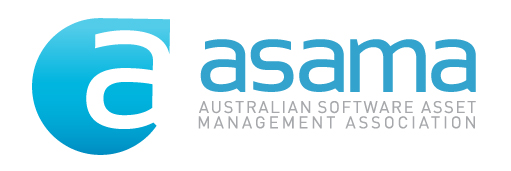Record keeping is an important activity that needs to be continuously undertaken
by the SAM team. There will always be a requirement to obtain records from a previous time. The reasons
could be quite wide ranging from a simple procurement receipt to a large scale discovery for a litigation
matter, for whatever reason the fact is that you will need previous records and you do not want to spend
any additional time than is necessary, to find them.
Any SAM record needs to be checked
to ensure they are accurate and complete prior to them being stored in the organisations record keeping
system. Depending on the rules for record storage that have been specified by the record keeping system
business rules, all related records should be stored together or are accessible from a related record. If
the record keeping system supports searchable meta tags, ensure that the related documents have similar meta
tags that will be identified when a Search is undertaken.
SAM records are not confined to
just licence entitlements and actual usage. All contract documentation, vendor written and recorded verbal
conversations, reseller written and recorded verbal conversations, licence agreements, quotes, offers and
commitments. Governance documents used for internal organisation requirements for business planning,
financial management, risk management, audit reports, Minutes and agenda’s, correspondence in and out,
service level agreements and other important documents need to be stored in the record keeping
system.
In practice all paper records
should be converted to scanned digital records to improve accessibility and the length of time they can be
kept for. A scanned digital record will be easier to manage, backup and is as authentic as an original
record. The cost of disk storage is much cheaper than physical storage costs, less maintenance and virtually
no support costs. With most organisations having implemented a record keeping system, this is a viable
option to most SAM teams.
There is a requirement for the SAM
team to implement its own policy, processes and procedures for record keeping and these should be aligned to
the corporate policy, processes and procedures. It is important to decide what records will be kept and what
records will be discarded. If you keep every record then unless your records are very well managed the
records themselves could become very unwieldy and to find the right record quite a task in itself. There has
to be a balance in what to keep and what not to keep. Legal and regulatory records should always be kept for
the period of time dictated by the legal and regulatory framework.
The format that the records should
be kept should be based on commonly used formats that are not proprietary of a niche software product. These
records will need to be accessed in future years and the mechanism to access them should be commonly
available. Testing of restoration of records from backup should be undertaken periodically. Record disposal
should be undertaken that meets the security requirements of the data classification of the
record.
In conclusion, record keeping is a
very important activity that the SAM team should be undertaking on a continuous basis. The SAM team need to
develop its own policy, processes and procedures in how it manages its records, what records it will keep
and discard, how it will test the discovery and restoration of records, and how it will securely dispose of
records.
(IE Printing: - There are known IE printing problems that affect certain printer brands and
printer types; Chrome and Firefox have no reported issues.)


